The M23 rebels fuelling conflict in DR Congo
Ethnic tensions and valuable mineral resources have sparked a resurgence of violence
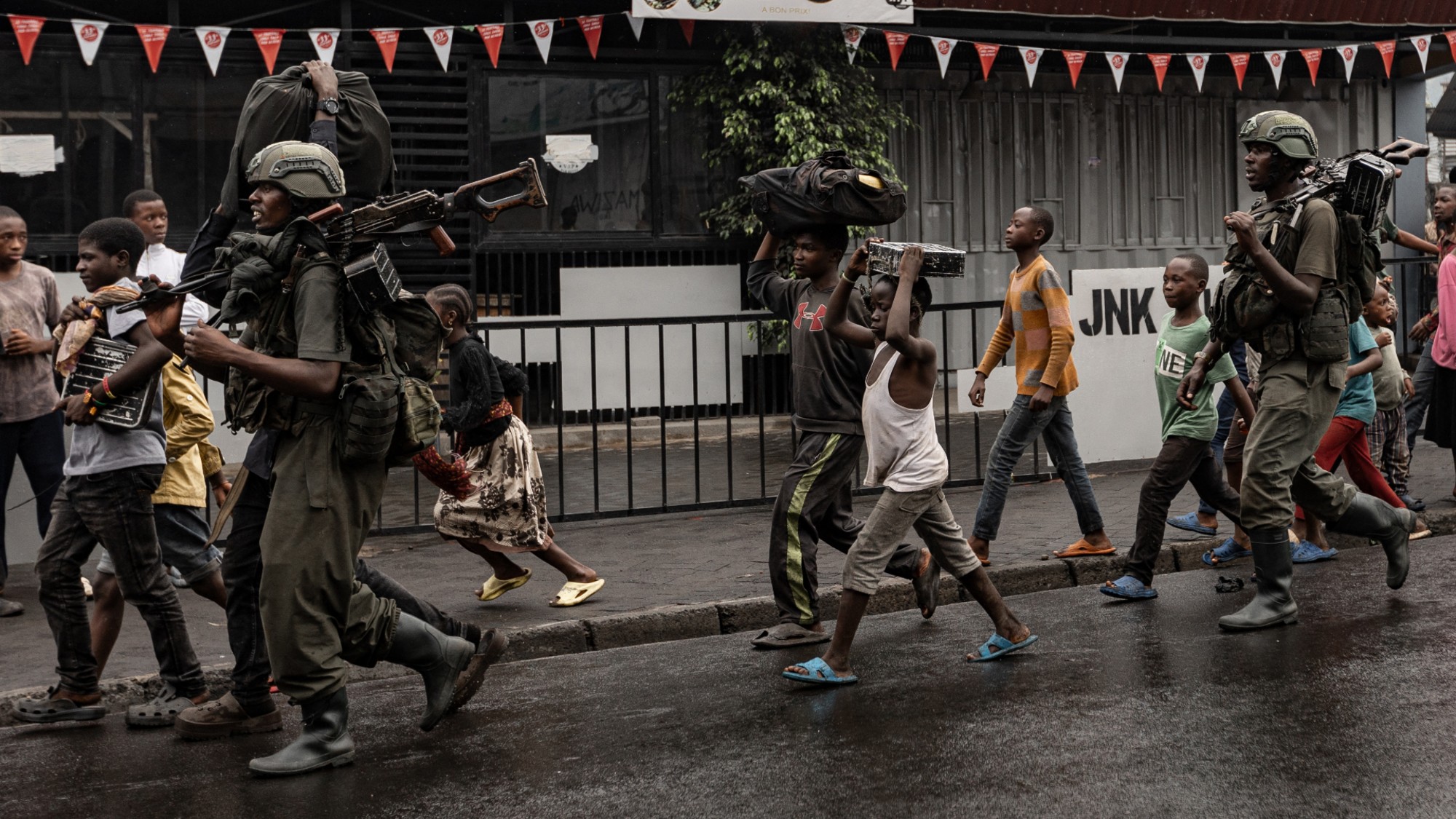
A free daily email with the biggest news stories of the day – and the best features from TheWeek.com
You are now subscribed
Your newsletter sign-up was successful
Rebels led by the M23 group claim to have taken control of Goma, a key city in the eastern Democratic Republic of the Congo.
The rapid advance, which has killed at least 13 soldiers from international peacekeeping forces, represents a severe escalation of a long-standing conflict. More than 400,000 people have been displaced since the start of the year, according to UN estimates. It is one of the world's biggest humanitarian crises.
On Sunday the rebel alliance gave government forces until 3am on Monday to surrender their weapons. As the first rebels entered Goma, in some areas "residents lined the streets to applaud and fist-bump heavily-armed fighters in green fatigues", said Reuters. "We try to be kind because there is fear," said one local. "Since they are criminals, we can't predict their behaviour."
The Week
Escape your echo chamber. Get the facts behind the news, plus analysis from multiple perspectives.

Sign up for The Week's Free Newsletters
From our morning news briefing to a weekly Good News Newsletter, get the best of The Week delivered directly to your inbox.
From our morning news briefing to a weekly Good News Newsletter, get the best of The Week delivered directly to your inbox.
Who are M23?
The eastern hills of the DRC, bordering Rwanda, are a "tinderbox of rebel and militia fiefdoms", said The Guardian, "stemming from two regional wars" that erupted on Congolese soil after the 1994 Rwandan genocide.
M23, which formed in 2012 as an offshoot of another group, takes its name from the 23 March 2009 peace deal that ended a previous uprising. The group is mostly made up of former DRC soldiers who defected from the army, accusing the government of failing to uphold that agreement. They are primarily ethnic Tutsis – nearly a million of whom were murdered in the Rwandan genocide.
But M23 is only one of about 100 armed groups "vying for a foothold in the mineral-rich region", said Sky News. Decades of conflicts have killed "hundreds of thousands of people and displaced more than seven million".
M23 briefly took over Goma in 2012 but was "pushed out" in 2013, said Al Jazeera. It "resurfaced" in 2021, "possibly because of renewed Rwandan support", and has since taken control of vast swathes of eastern DRC.
A free daily email with the biggest news stories of the day – and the best features from TheWeek.com
What does M23 want?
M23 says it fights in defence of ethnic Tutsis in the DRC, who face discrimination and violence from ethnic Hutu militias. But the DRC has huge supplies of minerals such as gold, tin, copper and coltan, a crucial ingredient in the manufacturing of mobile phones. The DRC also produces almost three-quarters of the world's cobalt and nearly 10% of its copper, which are vital for the global green energy transition.
The M23's offensives "seem to follow a clear logic", said DW. They want to "gain control" over the region's resources. The group is already generating substantial sums per month from taxes on coltan production in mining towns under its control.
Who is M23 fighting?
The Congolese army and its allied forces, including UN peacekeeping troops and soldiers from the 16 countries that make up the Southern African Development Community (SADC).
The UN peacekeeping force entered the DRC in 1999, and has about 14,000 soldiers on the ground – but only a small subsection is permitted to carry out offensives against armed groups. The mission, known as Monusco, has been accused by Congolese people of "failing to do its job", said the BBC. President Félix Tshisekedi had asked it to leave by the end of 2024, but the mission was extended in December for another year.
Is Rwanda backing the rebels?
At an emergency UN Security Council meeting on Sunday, the US, France and the UK said Rwandan troops were supporting M23 in DRC. According to the latest UN report, there are 3,000 to 4,000 Rwandan soldiers on Congolese soil. Rwanda has consistently denied providing financial and logistical support to M23, but the DRC has severed ties with its neighbour over the issue.
"The M23 group has always served as a vehicle to protect Rwandan interests in eastern Congo," said Kristof Titeca, conflict researcher for Central and East Africa at the University of Antwerp. "Gold is an important source of foreign currency for Kigali, and much of it comes from eastern Congo," he told DW.
According to Kenya's President William Ruto, his Congolese and Rwandan counterparts have agreed to attend an emergency summit. But the situation is "extremely volatile", said Sky News.
Harriet Marsden is a senior staff writer and podcast panellist for The Week, covering world news and writing the weekly Global Digest newsletter. Before joining the site in 2023, she was a freelance journalist for seven years, working for The Guardian, The Times and The Independent among others, and regularly appearing on radio shows. In 2021, she was awarded the “journalist-at-large” fellowship by the Local Trust charity, and spent a year travelling independently to some of England’s most deprived areas to write about community activism. She has a master’s in international journalism from City University, and has also worked in Bolivia, Colombia and Spain.
-
 Local elections 2026: where are they and who is expected to win?
Local elections 2026: where are they and who is expected to win?The Explainer Labour is braced for heavy losses and U-turn on postponing some council elections hasn’t helped the party’s prospects
-
 6 of the world’s most accessible destinations
6 of the world’s most accessible destinationsThe Week Recommends Experience all of Berlin, Singapore and Sydney
-
 How the FCC’s ‘equal time’ rule works
How the FCC’s ‘equal time’ rule worksIn the Spotlight The law is at the heart of the Colbert-CBS conflict
-
 Will increasing tensions with Iran boil over into war?
Will increasing tensions with Iran boil over into war?Today’s Big Question President Donald Trump has recently been threatening the country
-
 The fall of the generals: China’s military purge
The fall of the generals: China’s military purgeIn the Spotlight Xi Jinping’s extraordinary removal of senior general proves that no-one is safe from anti-corruption drive that has investigated millions
-
 Which way will Trump go on Iran?
Which way will Trump go on Iran?Today’s Big Question Diplomatic talks set to be held in Turkey on Friday, but failure to reach an agreement could have ‘terrible’ global ramifications
-
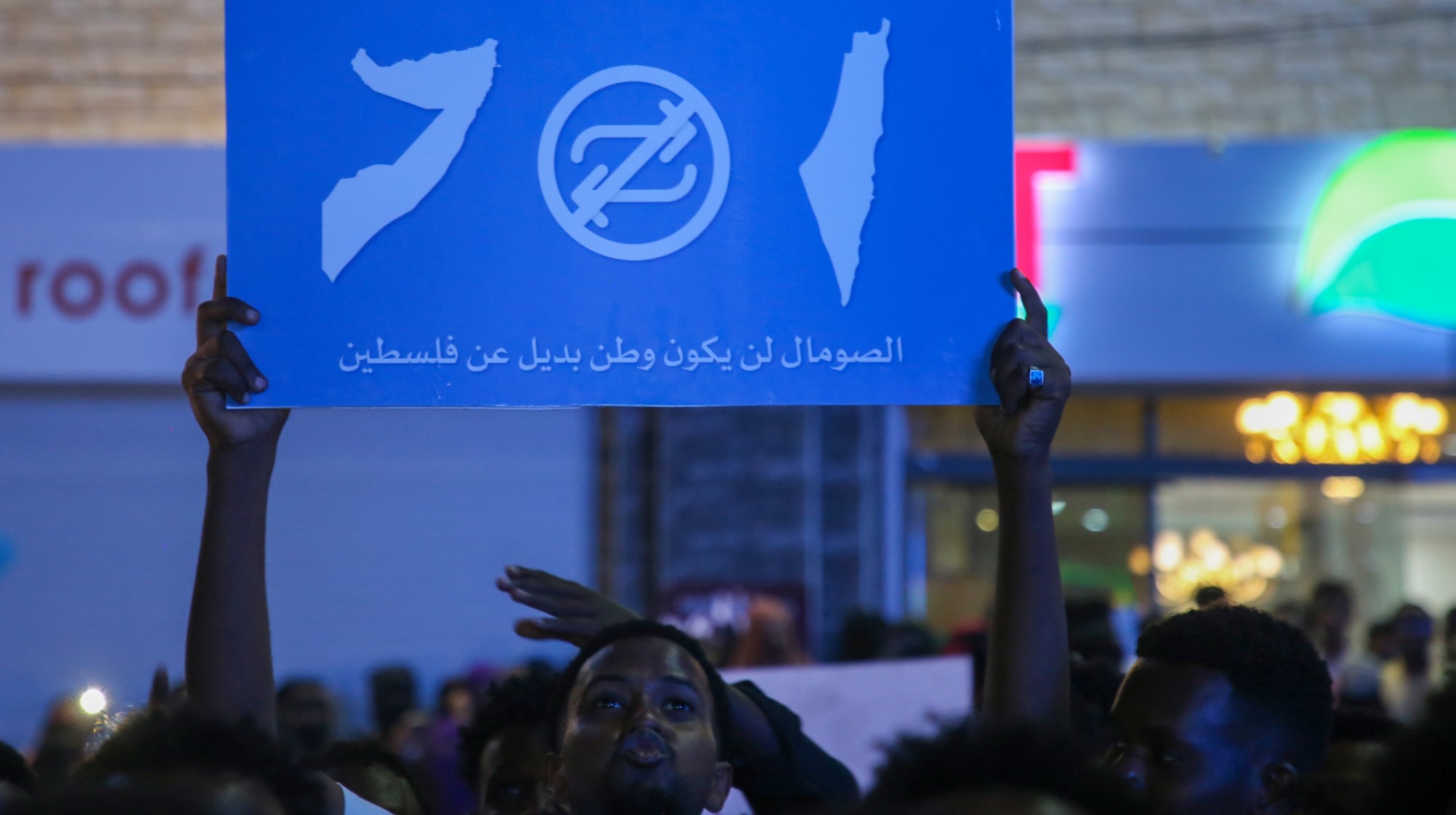 Why recognizing Somaliland is so risky for Israel
Why recognizing Somaliland is so risky for IsraelTHE EXPLAINER By wading into one of North Africa’s most fraught political schisms, the Netanyahu government risks further international isolation
-
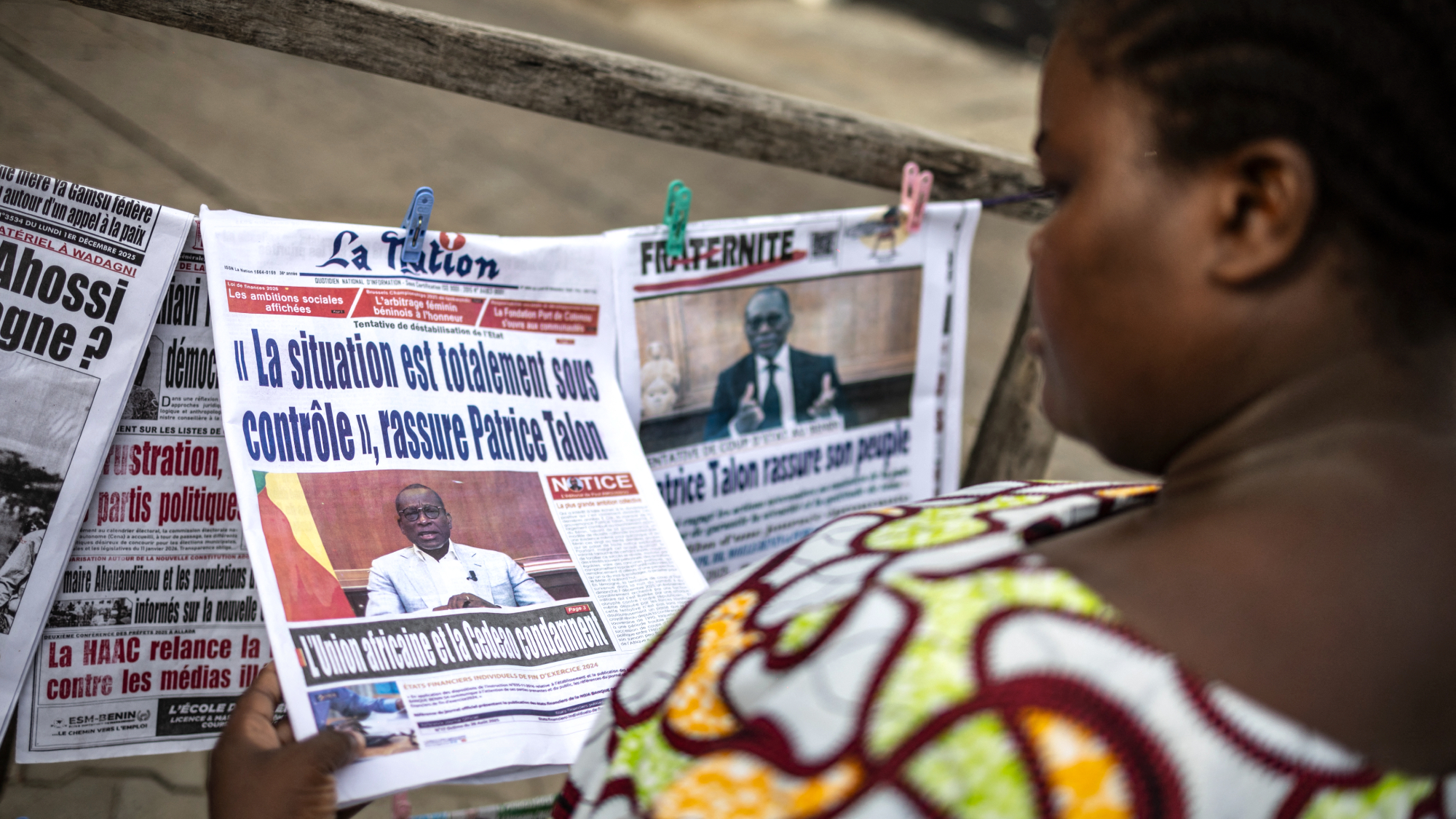 Benin thwarts coup attempt
Benin thwarts coup attemptSpeed Read President Patrice Talon condemned an attempted coup that was foiled by the West African country’s army
-
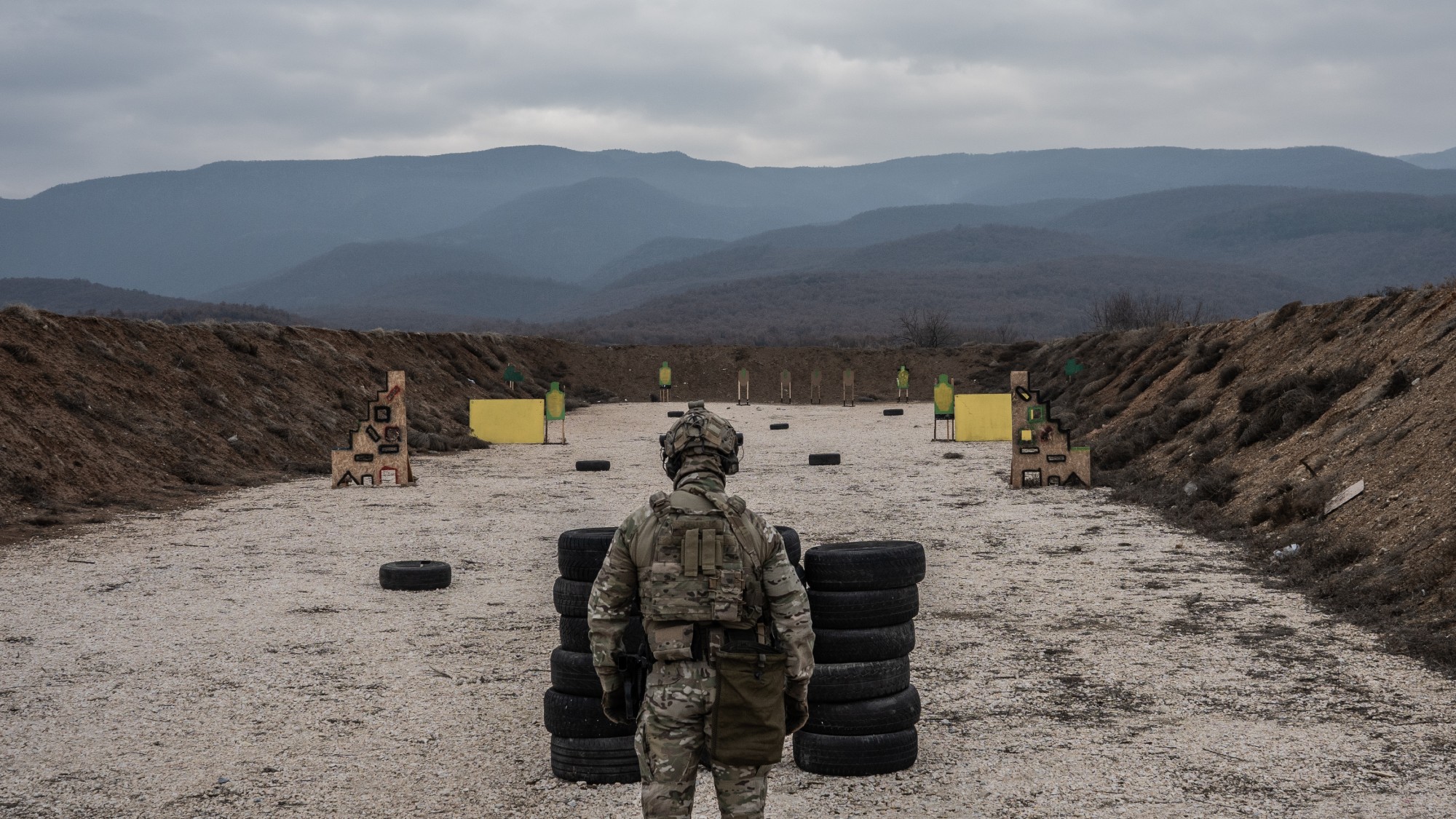 Is Europe finally taking the war to Russia?
Is Europe finally taking the war to Russia?Today's Big Question As Moscow’s drone buzzes and cyberattacks increase, European leaders are taking a more openly aggressive stance
-
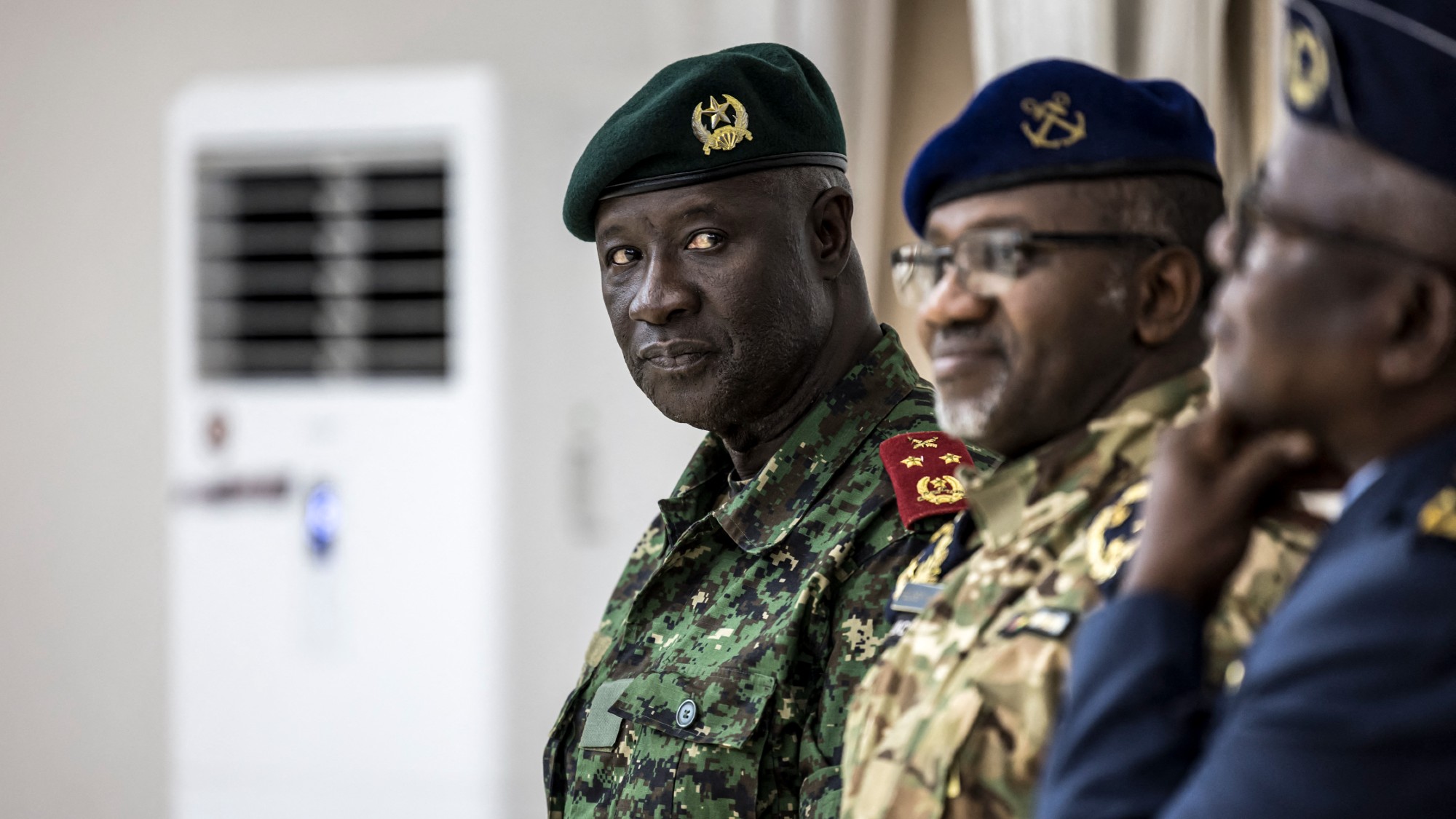 West Africa’s ‘coup cascade’
West Africa’s ‘coup cascade’The Explainer Guinea-Bissau takeover is the latest in the Sahel region, which has quietly become global epicentre of terrorism
-
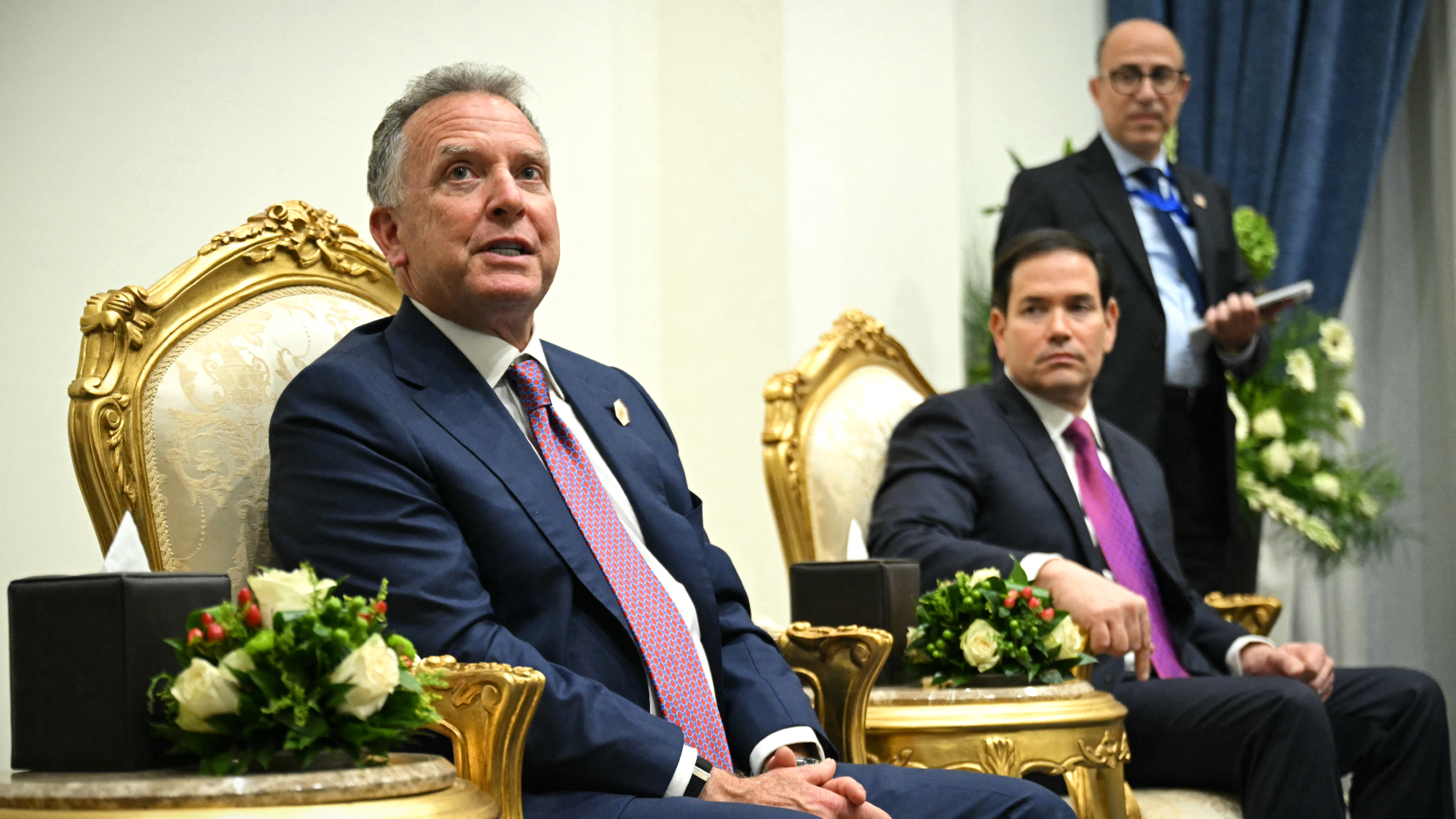 Trump pushes new Ukraine peace plan
Trump pushes new Ukraine peace planSpeed Read It involves a 28-point plan to end the war